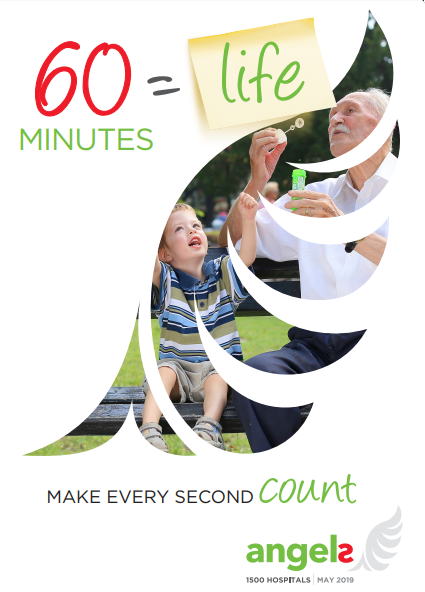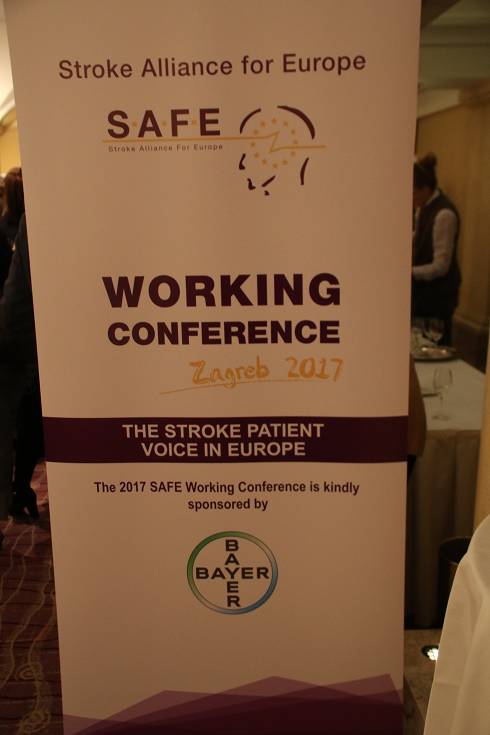
Merry Christmas and Happy New Year!
SAFE wishes you a very happy Christmas and a healthy and successful New Year!

Mental stress-induced constricted blood vessels more likely in women
In women with heart disease, constriction of peripheral vessels during mental stress affects the heart circulation more than men's, potentially raising women's risk of heart-related events and death, according to new research in Arteriosclerosis, Thrombosis and...

Bringing the patient experience to the Angels Initiative
SAFE is joining the Angels Initiative Brussels, 20th December 2017: The mission of Boehringer Ingelheim’s (BI’s) Angels Initiative is to increase the number of patients who can be treated in stroke-ready hospitals and to optimise the quality of treatment in all...

An interview with ESO President elect on Stroke Action Plan for Europe
At recently held SAFE Working Conference 2017 in Zagreb, Croatia, SAFE had the opportunity to talk about project updates on Stroke Action Plan for Europe with Dr. Bart van der Worp, European Stroke Organisation President elect. Find out what is the timeline for this...

SSOFT Project is taking off – SAFE announced their partnership with The Foundry Healthcare
After a highly competitive tendering process, SAFE is proud to announce their partnership with The Foundry Healthcare, a division of Foundry Communications Limited. The Foundry were successfully awarded the contract to develop SAFE’s new and exciting e-learning tool...




